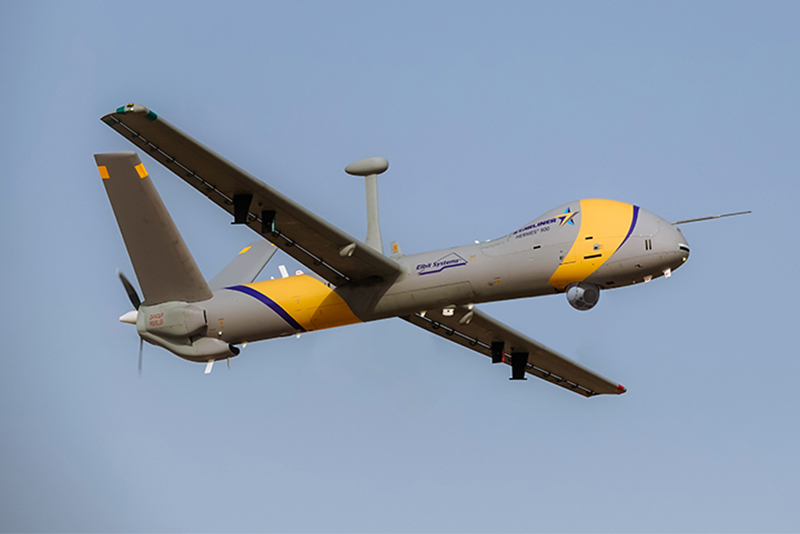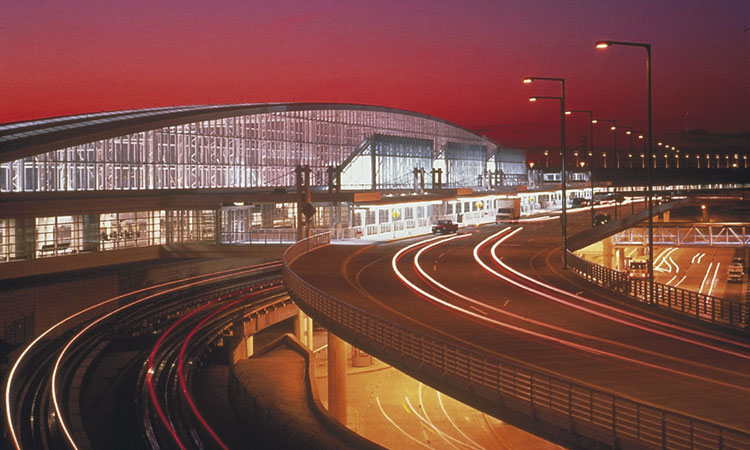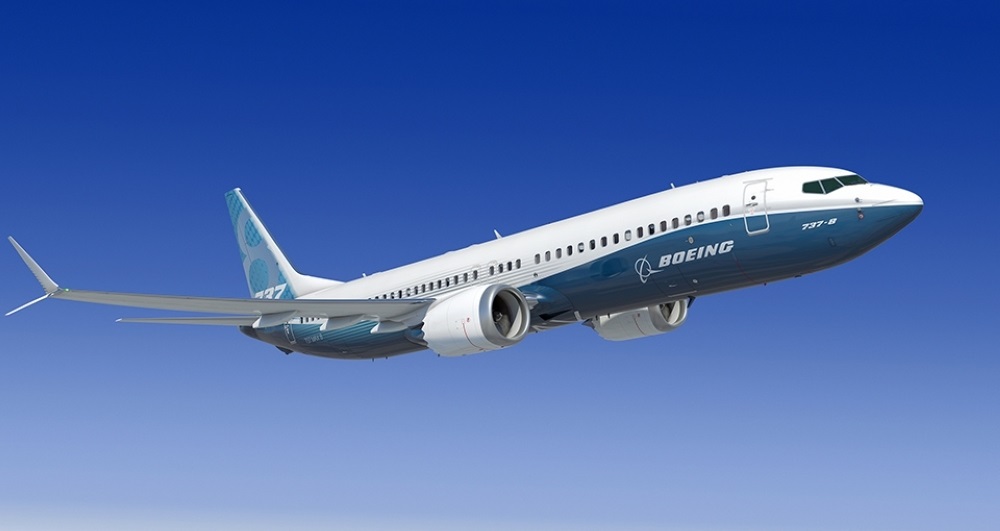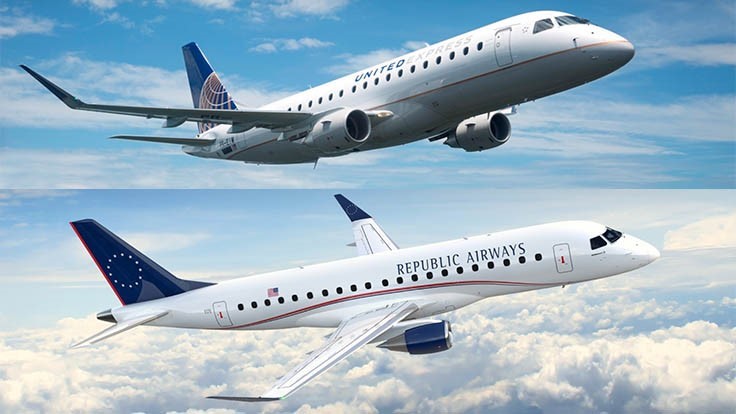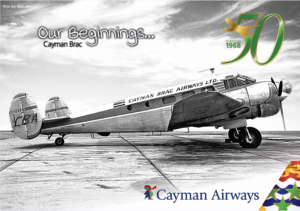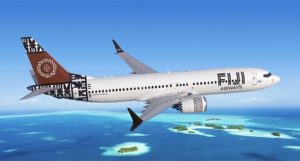HAIFA, Israel, April 5, 2019 /PRNewswire/ — Elbit Systems Ltd. (ESLT) (ESLT) (“Elbit Systems”) announced today that its U.S. subsidiary, Elbit Systems of America, LLC (“Elbit Systems of America”), has signed a definitive agreement with Harris Corporation (HRS) (“Harris”) for the acquisition of Harris’ Night Vision business (“Harris Night Vision”) for a purchase price of $350 million.
The transaction is conditioned on completion of Harris’ proposed merger with L3 Technologies, Inc. (LLL), as well as customary closing conditions, including receipt of regulatory approvals.
Headquartered in Roanoke, Virginia, Harris Night Vision is a premier developer, producer and supplier of night vision technology for the U.S. and allied military and security forces and for the federal homeland security market.
Bezhalel (Butzi) Machlis, Elbit Systems President & CEO, commented: “The market position and technological strength of Harris Night Vision make this acquisition significant to our long-term growth strategy, with a particular focus on the U.S. Elbit Systems of America has a proven track record of providing high performance solutions and support services to the U.S. defense and homeland security markets. We believe that the completion of this acquisition will be beneficial both for Elbit Systems and for Harris Night Vision’s employees and customers.”
About Harris Corporation
Harris Corporation is a leading technology innovator, solving customers’ toughest mission-critical challenges by providing solutions that connect, inform and protect. Harris supports government and commercial customers in more than 100 countries and has approximately $6 billion in annual revenue. The company is organized into three business segments: Communication Systems, Electronic Systems and Space and Intelligence Systems. Learn more at harris.com.
About Elbit Systems
Elbit Systems Ltd. is an international high technology company engaged in a wide range of defense, homeland security and commercial programs throughout the world. The Company, which includes Elbit Systems and its subsidiaries, operates in the areas of aerospace, land, and naval systems, command, control, communications, computers, intelligence surveillance and reconnaissance (“C4ISR”), unmanned aircraft systems, advanced electro-optics, electro-optic space systems, EW suites, signal intelligence systems, data links and communications systems, radios and cyber-based systems and munitions. The Company also focuses on the upgrading of existing platforms, developing new technologies for defense, homeland security and commercial applications and providing a range of support services, including training and simulation systems.
